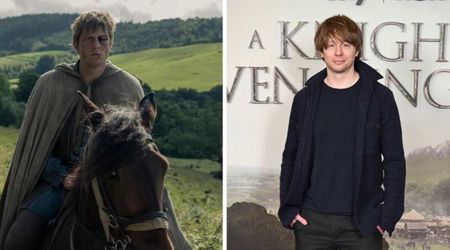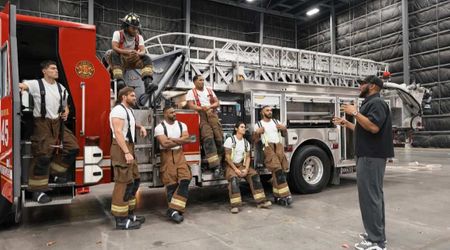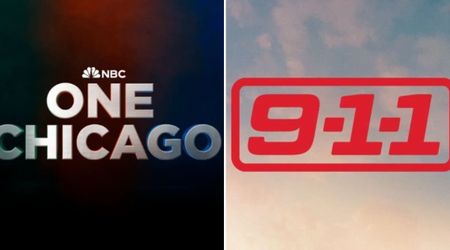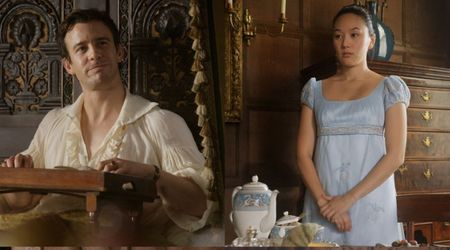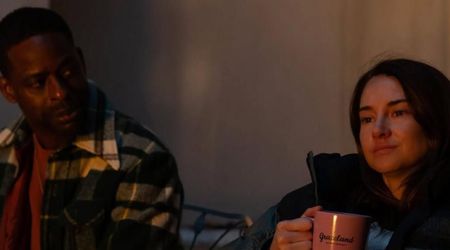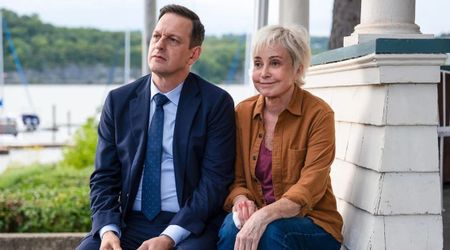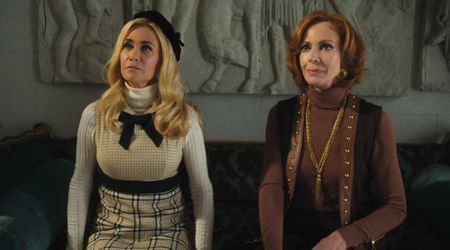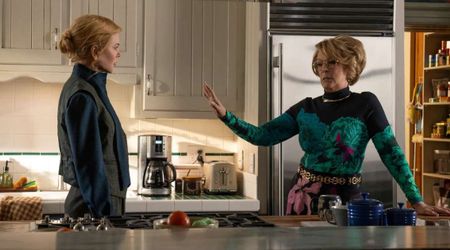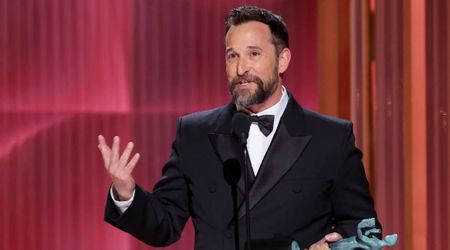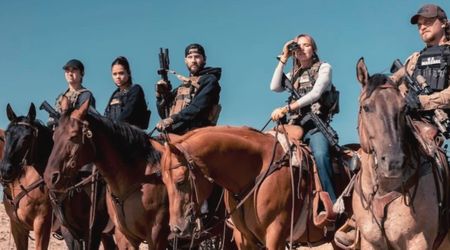'Enslaved' Episode 1: Samuel L Jackson's Gabon visit shows fascinating history of oral story traditions

There is an interconnectedness between the rudimentary family tree that Samuel L Jackson's family draws up for him based on "word of mouth" accounts and how the Benga tribe's day-long storytelling ritual reenacts the stories of Benga's "warrior ancestors". Both are accounts of struggles and as Jackson puts it, reminders that he comes from people who are "survivors".
Oral traditions and songs are often brought up remnants of the culture that captured Africans brought to their new home. Jackson says that this culture (that he sees reenacted as part of his reinitiation into the tribe) was "taken from him" — the stories of how his ancestors came all the way from Sahara in search of better lands, defeated enemies on the way to becoming the inhabitants of the land they stand on. They honor their warrior ancestors and curse the "beasts" (slave traders), who took away their relatives.
As they blow smoke and "breathe air" into Jackson's newly anointed "Benga body", they are literally blowing into him the breath of his ancestors and thus repairing the "broken link". While symbolic, Jackson has described these exchanges as "spiritual healing" in interviews because it is exactly that, especially when the elders of the tribe bless him saying "no evil will touch him".
Storytelling and songs have always been tools of resistance and healing and thus doubly important to African-Americans who go searching for their roots. How those traditions then got molded in the New World is also a fascinating story as people from different tribes were thrown together. However, a less-discussed aspect of the slave trade is how many Africans — powerful tribes, kings and tribal leaders — were heavily complicit in the slave trade, capturing and collecting people from the interiors to the Guinea Coast, where the slave ships departed from.
White traders did not have the resources and did not know the land or have the physical prowess to capture people from the interiors, they made it lucrative enough to turn the domestic slave trade in war prisoners or 'undesirables' like thieves (that was less virulent where slaves had opportunities and rights) to what it became through the trans-Atlantic slave trade, where innocent people were also captured by force or trickery in thousands and sold into slavery.
One of the researchers touches on this briefly when he talks of the countries involved in the slave trade like Britain, Portugal, Spain and African tribes as well. Gabon has a particularly distressing history in this and hopefully the upcoming episodes will touch on these stories as well, even though they are usually not part of rituals or oral traditions.
But they are necessary to know and acknowledge so that chants like that of the Benga tribe — "unity is strength" — takes a new meaning in the present context of the struggle of Black people in America. Rituals and stories only have power when they remind you of things both good and bad so that you know how to prepare for the future.
'Enslaved' premiered on Epix on September 14 at 10 pm ET.

